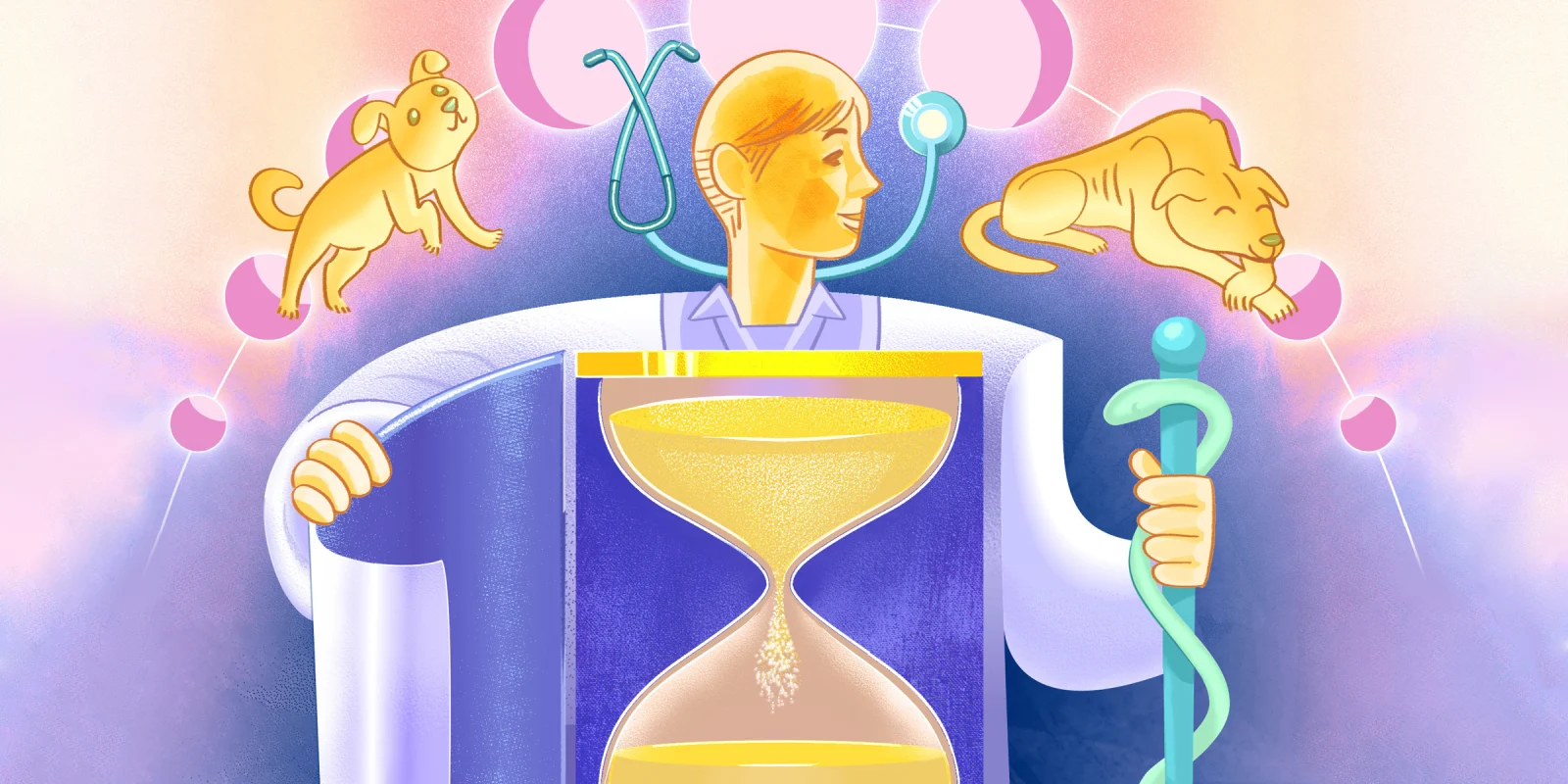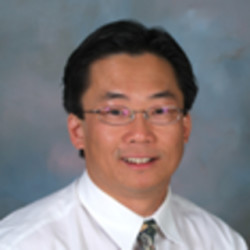As a middle-career “Gen X” private practice physician, I find myself going to more and more physician retirement parties for my senior colleagues and partners. Some of these have been elaborate, speech-laden bourgeois galas and some quiet, intimate send-offs. I very much doubt that my own retirement one day will involve the unveiling of my “official” portrait. It may not even be more than a brief toast, but these retirement events always make me reflect on our chosen professions and what, ultimately, my fellow physicians and I want from our careers.
With the current retiring cohort, I am sensing a theme. My older colleagues all seem to harbor a nostalgic sense of loss for the profession itself. They sometimes express the feeling that their retirement symbolizes an end of an era, and they are a member of a passing generation of physicians who had experienced a higher degree of societal and personal prestige. They speak about their decades-long personal and professional relationships with other physicians in the community, and about the firsthand gratitude shown to them by patients whom they’ve treated for many years. The specific personal achievements — business deals, awards, academic papers, etc. — are often at the forefront of their minds as they transition. They place a high value on being recognized as an important person in the community.
With my older colleagues, I also sense a thread of sadness, sometimes even pity, that the kinds of social prestige that they enjoyed will not be available to those physicians in the younger generation. When this thread of sadness gets applied to the “millennial” generation, my older colleagues can even display a flare of scorn, because this younger group of physicians seems not to even value or want the social prestige.
I would very much have to agree that my younger colleagues generally see their careers through a much different lens than my retiring partners. Many of my junior colleagues, even those in private practice, are inherently accustomed to having a career that is associated with a large institution (a hospital, health care plan, university, etc.). This means that their social and professional collegial network is moderated and defined by a large institution. My retiring colleagues did not start their careers in this milieu, so the idea of respect from the medical community is drastically different.
Nowadays, no matter how hardworking or excellent a physician is, there are people who cannot refer patients to them because they are “out of network.” Barriers exist in creating professional relationships that diligence, expertise, and excellence cannot necessarily overcome, so my younger colleagues have learned to take this in stride and not take these things personally.
Professionalism in medicine today has a much greater emphasis on teamwork and interdisciplinary collaboration, compared with when I started my career. The hierarchical relationship between doctors and other health care workers is significantly flattened, compared with the days of solo and small group practices. The number of years of training may not be commensurate with influence and control. Whereas my older partners might, sometimes loudly bemoan the pervasiveness of midlevel clinicians, and administrators, my younger partners, again, don’t tend to take that stuff personally.
It is not unusual for my newer partners to say things like, “It’s just a job” or “I don’t want to take my work home with me.” This is commonly referred to as a “lifestyle” attitude. I would submit that it is more than just about conduct and mannerisms, it is a generational difference in the identity, culture, and sociology of being a doctor.
I sympathize with the point of view that these sociological changes are a loss to the profession; and yet I also agree with the point of view that these changes are healthy and adaptive. However, I would very much disagree with interpreting either point of view as being a reflection of a personal or professional flaw on the part of either my older or younger colleagues. (Indeed, I have witnessed multiple insult-hurling shouting matches between baby boomer doctors and millennial doctors that I wish I could have broken up sooner.)
A leadership consultant friend of mine, Fred Johnson, succinctly summarized this by saying, “Older professionals see their careers as who they are. Younger professionals see their careers as what they do.”
Parenthetically, it is critically important that we also acknowledge that the cultural changes in medicine go along with major improvements in the diversity of doctors. Many people have only recently been or still have never been fully included in the “who they are” part of what Mr. Johnson said.
Of course, I am guilty of making generalizations in this contrast between older and younger colleagues; and I know there are many, like me, who are both and in between or neither of these artificial categories. There are also young physicians who have been culturally trained by older physicians who may end up with some degree of cognitive dissonance — trained to be who they are, but paid by what they do. I only ask that we have intergenerational patience and understanding, because doctors are the ones who best understand what other doctors go through, and what we expect and can’t get out of our careers. Who we are as doctors has changed a lot, and will continue to change; don’t take it personally.
What changes to the physician perspective on medicine have you noticed over the years? Share your thoughts in the comment section.
Jimmy Leung is a musculoskeletal and MRI radiologist with 20+ years of experience. He grew up in Hawaii, studied and trained for many years on the East Coast, and now works in the Southwest. Dr. Leung is a 2022-2023 Doximity Op-Med Fellow.
Illustration by April Brust







